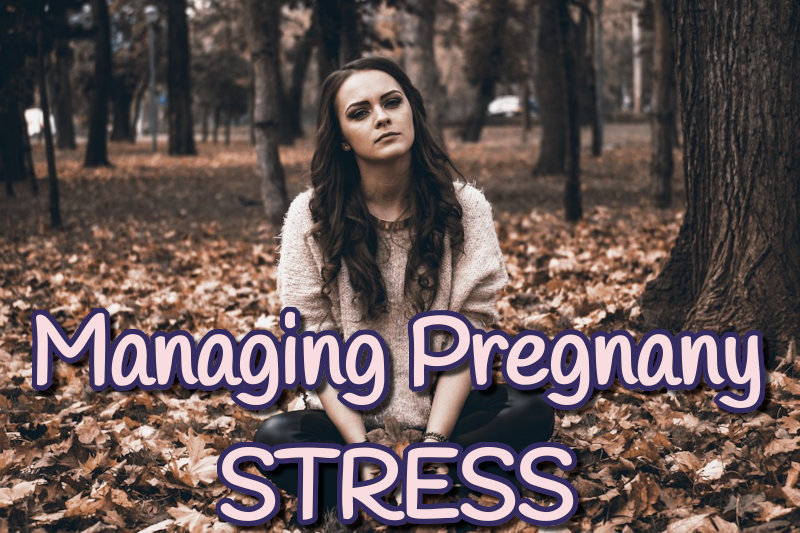Managing Pregnancy Stress

November 2nd, 2024 | Pregnancy
Stress Happens
Pregnancy can be a very stressful time. It is a period where your body, hormones, and emotions are changing, coupled with the anticipation of significant changes to your family and life once the baby arrives. Let’s discuss some of these stress triggers during pregnancy, as well as how to manage these uncomfortable emotions to best support you and your baby.
Causes of stress
The causes of stress will differ for every mother, but some of the most common contributors to stress during pregnancy include:
- Hormone changes. Hormones contribute to our physical health as well as our mental health. Thus, hormone fluctuations during pregnancy can cause mood changes.
- Physical effects of pregnancy. Though pregnancy can be a beautiful thing, it certainly isn’t the most comfortable process. Things like morning sickness, fatigue, aches, pains, and constipation can contribute to high-stress moods.
- Support systems. Your support systems, or lack thereof, can also contribute to stress, particularly when it comes to your partner or family.
- The future. Many expecting mothers will worry about the labor and delivery process, as well as what will come afterward. Having and raising a child is not easy, so many pregnant women will stress about the future.
Effects of stress on pregnancy
Though stress is a normal part of pregnancy, it can be serious if left unmanaged. High stress levels during pregnancy have been associated with health issues like heart disease, high blood pressure, low birth weight, and preterm labor. Low birth weight and preterm labor can contribute to future health problems for the baby (1). Thus, it is essential to effectively manage stress while pregnant.
Stress management techniques
- Mindfulness and meditation. Meditation can be very helpful in minimizing stress levels. Things like deep breathing and relaxation can quiet the mind, decreasing your blood pressure and bringing you a sense of peace.
- Support systems. Don’t be afraid to rely on your support systems for both physical and emotional support, be it from your partner, family, friends, or mental health professionals. Doing so can alleviate feelings of anxiety, isolation, and fear.
- Proper sleep and nutrition. Sleep deprivation can only make stress worse, so practice proper sleep hygiene and make sure you’re getting high-quality sleep for at least seven to eight hours a night. Additionally, a good diet will support your mood as well as the healthy development of your baby.
- Exercise. Exercise is a proven natural stress reliever, helping to increase endorphins to elevate mood. Make sure to check with your healthcare provider about what exercises are safe and appropriate for each stage of pregnancy.
References
- https://www.marchofdimes.org/find-support/topics/pregnancy/stress-and-pregnancy
Recent Posts
- Welcoming Longer Days: A Spring Adventure for Little Ones
- Combating Nausea with Aromatherapy – Essential Oils for Chemotherapy Patients
- Finding Your Calm: Relaxation Techniques for New Parents
- Sip Your Way to Relief: Hydration & Bland Drinks for Chemotherapy Nausea
- Surviving Valentine’s Day: A Gentle Guide for the Morning Sickness Warrior
Categories
- All-Natural (4)
- Blog (47)
- Cancer (80)
- Diet (15)
- Holidays (27)
- Lifestyle (69)
- Motion Sickness (44)
- Nausea (107)
- New Mothers (43)
- Oncology Testimonials (3)
- Prebiotics (1)
- Preggie Products (11)
- Preggie Testimonial (24)
- Pregnancy (160)
- Queasy Products (7)
- Queasy Testimonial (17)